Say Goodbye to Muscle Pain with These Home Remedies
Introduction
Muscle pain is a common problem that affects people of all ages. It can be caused by a variety of factors, including overuse, injury, tension, and stress.
Heat
Therapy
Heat
therapy is a well-known remedy for muscle pain. Applying heat to the affected
area can help reduce muscle stiffness and soreness by increasing blood flow and
promoting relaxation. A review of studies published in the International
Journal of Clinical Practice found that heat therapy was effective in reducing
pain and improving function in patients with muscle pain.
To use heat
therapy, apply a warm compress or take a warm bath. You can also use a heating
pad or a hot water bottle.
Massage
Massage can help relieve muscle pain by promoting blood flow and reducing inflammation. A study published in the Journal of Athletic Training found that massage was effective in reducing delayed-onset muscle soreness (DOMS) in athletes.
To perform a self-massage, gently rub the affected area in circular motions. You can also use a foam roller or a massage ball to target specific areas.
Epsom Salt
Bath
Epsom salt
is a natural remedy that has been used for centuries to alleviate muscle pain.
Epsom salt contains magnesium, which can help relax muscles and reduce
inflammation. A study published in the Journal of the American Society of
Nephrology found that magnesium can help reduce muscle pain in patients with
chronic kidney disease.
Turmeric
Turmeric is a spice that has anti-inflammatory properties and can help alleviate muscle pain. A study published in the Journal of Medicinal Food found that turmeric was effective in reducing muscle damage and soreness in athletes.
To use turmeric, mix 1-2 teaspoons of turmeric powder with a glass of warm milk or water and drink it daily.
Rest and
Stretching
Rest and
stretching are essential for muscle recovery and can help prevent future muscle
pain. Taking breaks during physical activities and getting enough sleep can
also help reduce muscle soreness. Stretching can help improve flexibility and
prevent muscle strains.
A study published in the International Journal of Sports Physical Therapy found that stretching can help reduce muscle pain and improve function in patients with chronic low back pain.
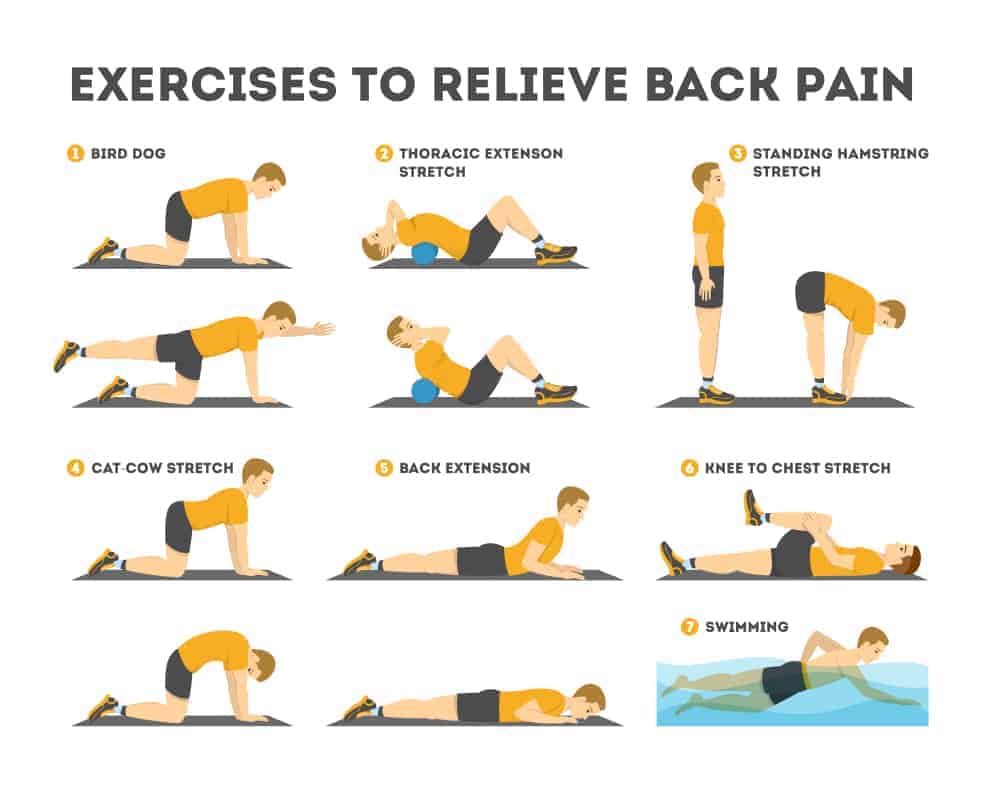
To stretch, gently stretch the affected muscles for 10-30 seconds. You can also try yoga or Pilates to improve flexibility.
Conclusion
Muscle pain
is a common problem that can be treated with natural remedies. Heat therapy,
massage, Epsom salt bath, turmeric, and rest and stretching are effective home
remedies that can help alleviate muscle pain. These remedies have been
supported by research and are safe and easy to use. If you experience severe or
persistent muscle pain, it is important to consult a healthcare professional.
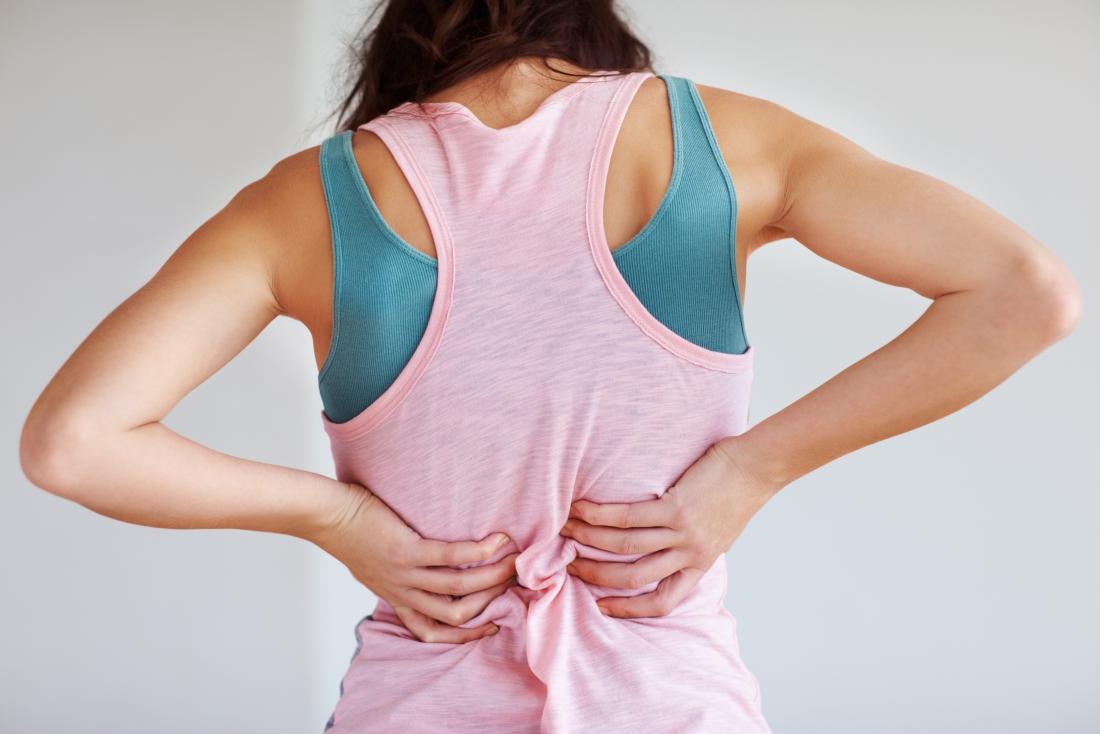
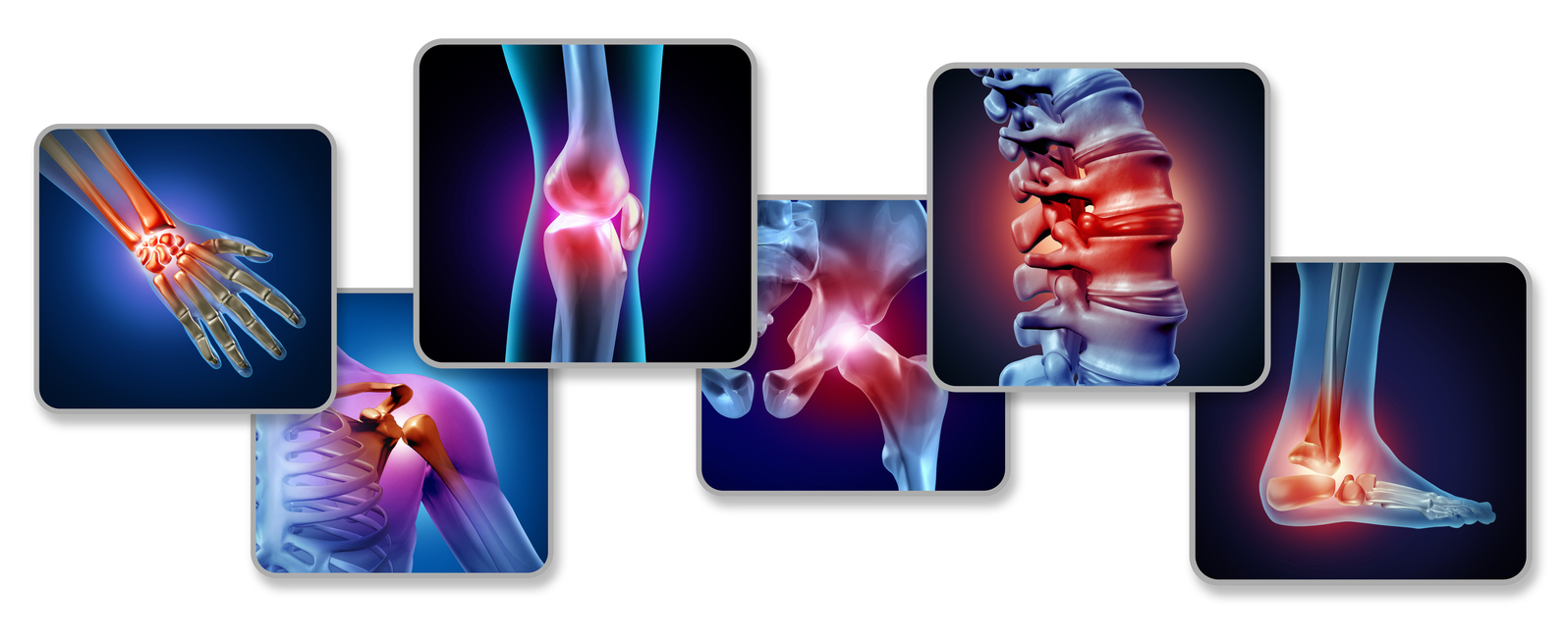
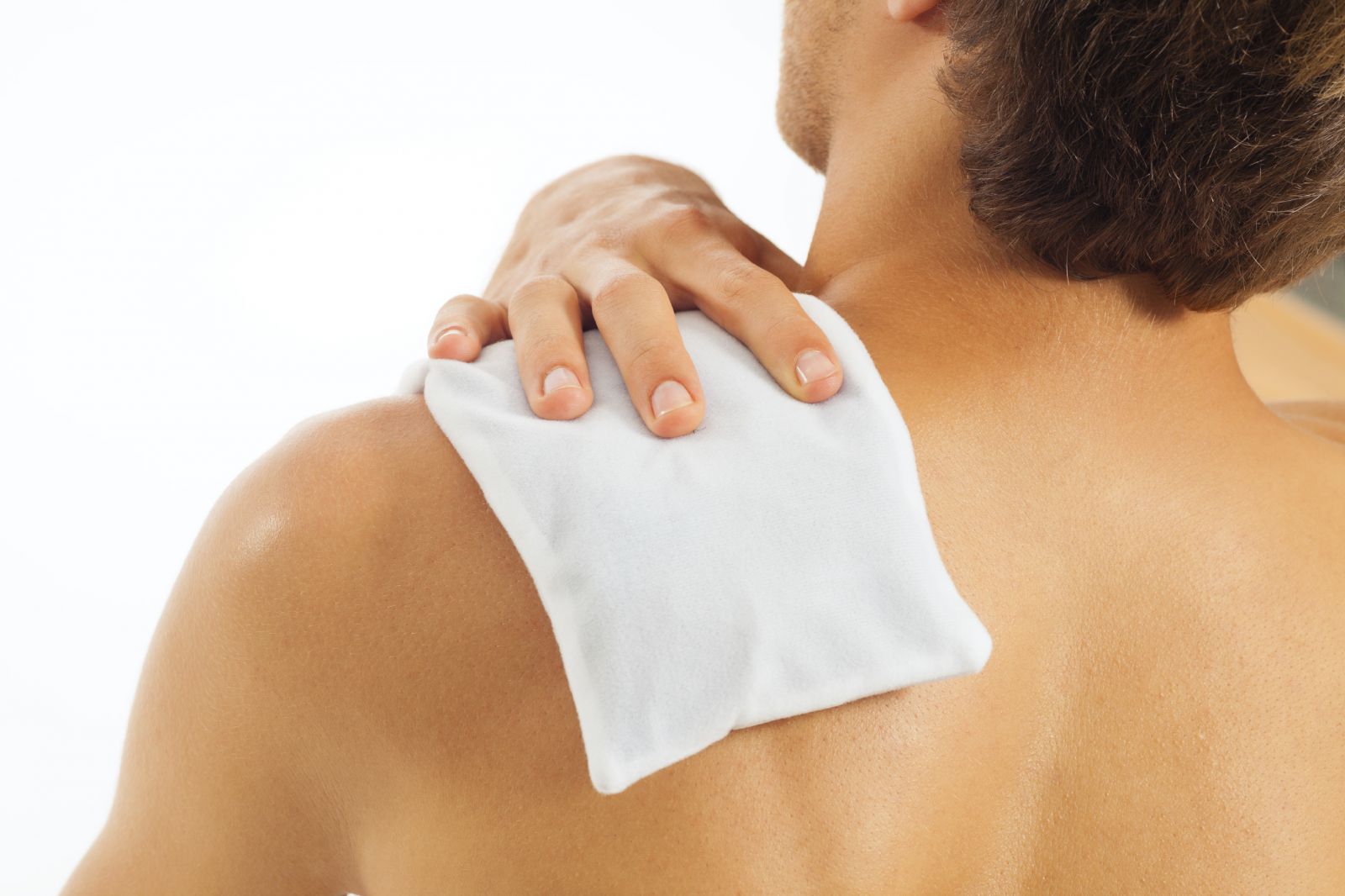
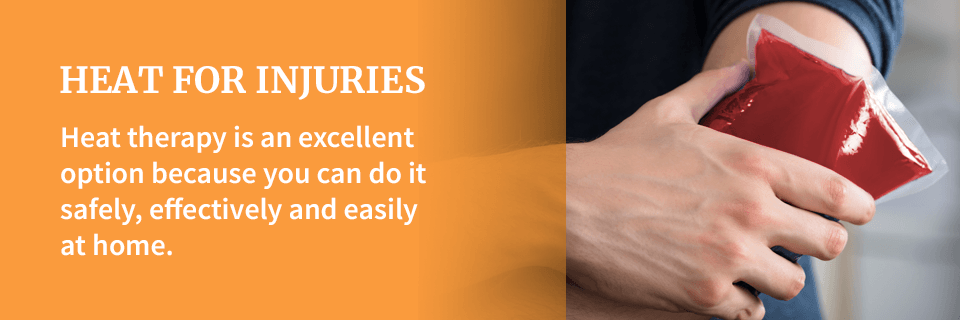
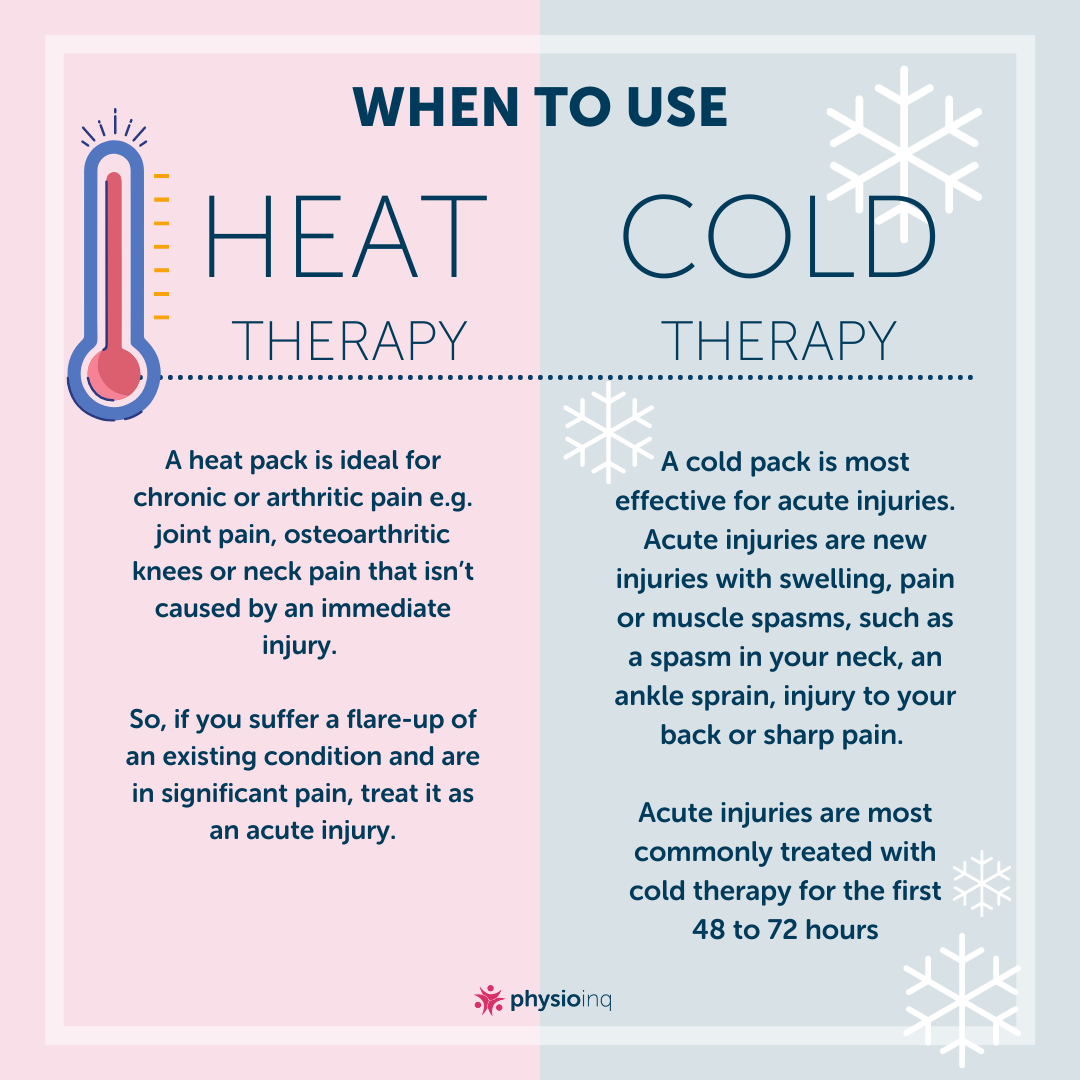
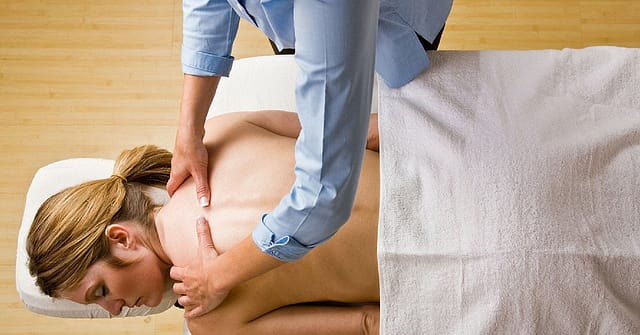
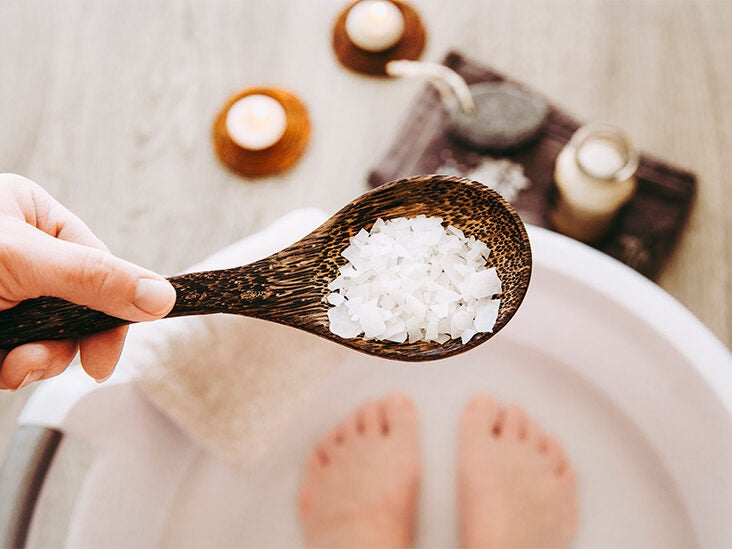

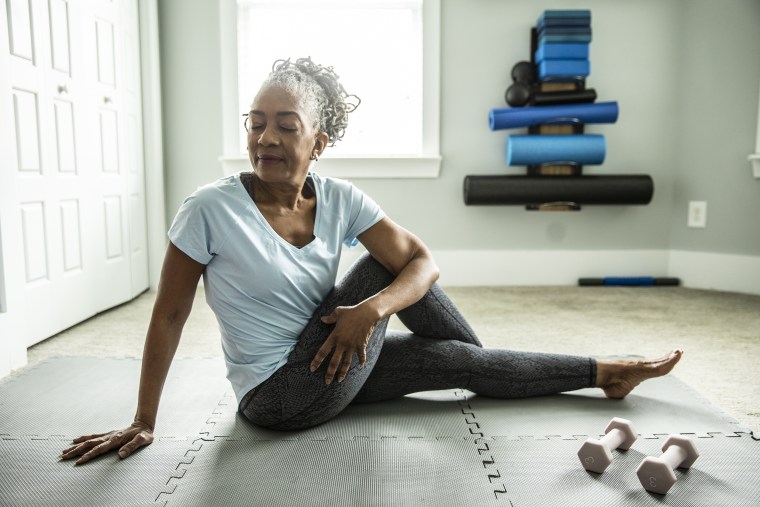
Comments
Post a Comment